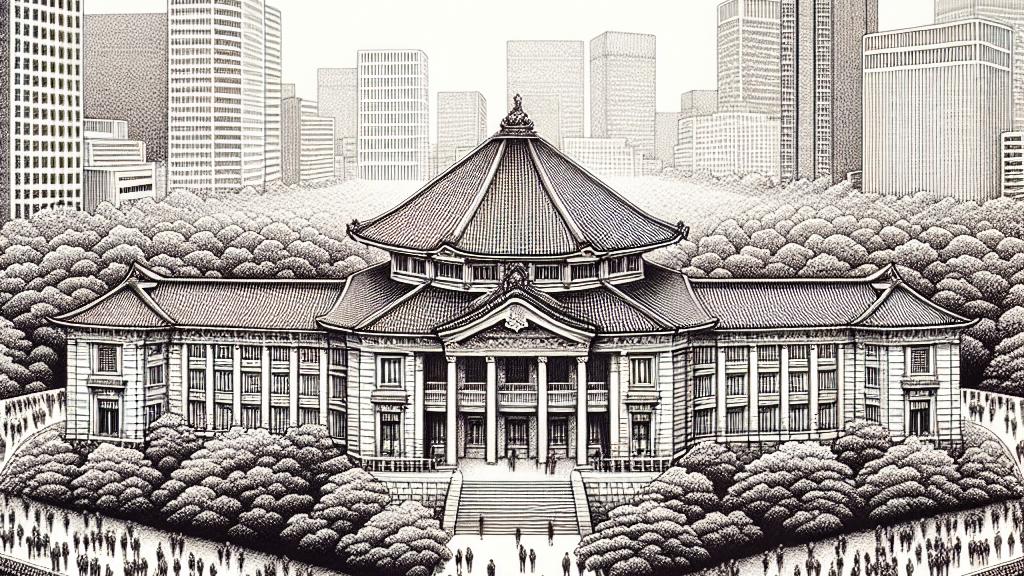DIC's Art Dilemma: Folding or Moving the Cultural Canvas?
Overview
- DIC Corporation reassesses the future of the Kawamura Memorial Museum amidst rising investor pressures.
- The museum is set to close in January 2025 as DIC deliberates operational strategies.
- This situation underscores the delicate balance between preserving culture and achieving financial viability.

A Critical Turning Point for Cultural Institutions in Japan
In Chiba Prefecture, Japan, DIC Corporation has initiated a pivotal reassessment of the Kawamura Memorial Museum, nestled in the tranquil Sakura City. This move arises in response to escalating pressures from investors advocating for improved asset efficiency, highlighting a broader issue within the cultural sector: how do art institutions survive economically while fulfilling their artistic missions? The museum is poised to temporarily close its doors in late January 2025 to conduct a thorough review of its operations, symbolizing a significant turning point for not only DIC but also similar institutions grappling with the rapidly changing economic landscape in Japan.
Exploring Financial Viability: Art Worth Billions
The Kawamura Memorial Museum harbors an exceptional array of 754 artworks, including major pieces by celebrated artists like Claude Monet and Pablo Picasso, boasting a collective asset valuation surpassing 11.2 billion yen. This immense cultural treasure, initially established as a tribute to DIC's legacy in ink manufacturing, is now under scrutiny. Investors' concerns about asset optimization compel DIC to evaluate whether it can feasibly continue operations in a reduced capacity within Tokyo or if outright closure is the more judicious route. This financial pressure reflects the diverse challenges faced by cultural institutions today, as they seek to responsibly manage significant assets while upholding their societal and artistic commitments.
Strategic Advice and Future Directions in Turbulent Times
In anticipating these complex challenges, DIC has established a Value Co-Creation Committee, initiated in April, which incorporates external advisors aimed at enriching the company's strategic strategies for its museum. The insights from this committee hold great importance as DIC navigates varied stakeholder interests, illustrated by the recent portfolio increase by Haven Asset Management, an investment firm actively engaging in DIC’s financial landscape. As this museum faces potentially transformative decisions, it serves as a critical case study within the global conversation about the intersection of financial pressures and cultural integrity. The future of the Kawamura Memorial Museum will not only reshape its operational paths but also inspire discussion about the essential role of culture amid the relentless demand for economic sustainability.

Loading...